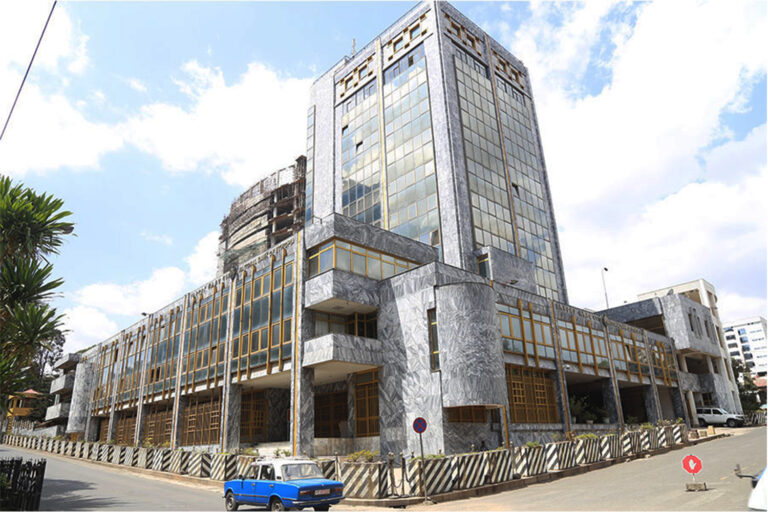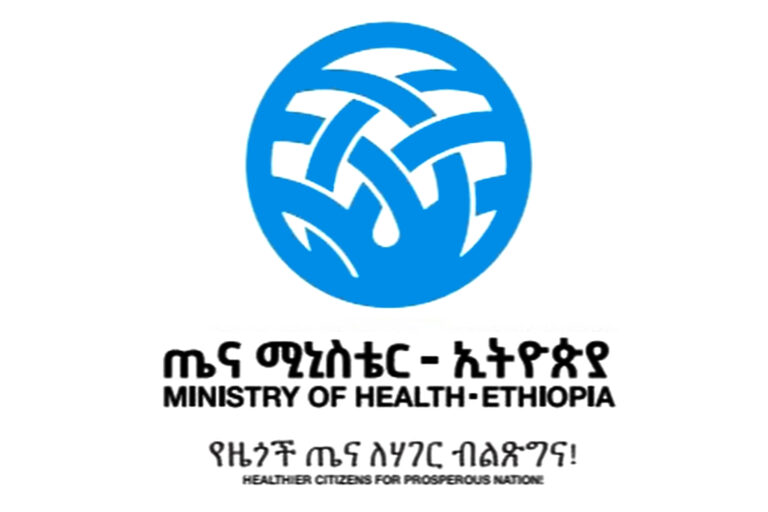During their virtual meeting bankers requests the National Bank of Ethiopia (NBE), to relax the loan rules to mitigate the economic effect that they face in relation with the outbreak of COVID-19.
The online event conducted with bankers to clarify the latest decision of the government about the pumping of 15 billion birr for private banks to manage their liquidity crisis, bankers and the central bank agreed on most of the discussion points, according to sources.
Sources said that since the government announced that it has released 15 billion from their NBE bills customers at banks are approaching to get their portion from the amount. Some of the customers have also claimed to NBE that they could not access finance from banks after the government pumped the stated amount.
One of the participants, who demanded anonymity, told Capital that the main objective of the meeting was to create clarity in the latest decision of the government.
Bankers argued that borrowers misunderstood the decision of the government that they said the main objective of the government to release the finance is to stabilize banks liquidity and to manage possible crisis because of the current situation depositors may took their savings and possible additional injections for highly affected industries due to the pandemic.
“For instance the horticulture sector might be highly affected in the current situation that shall need additional injection to keep it afloat,” one of the bank president explained.
However the reality is some clients are looking for debt cancelation and access unconditional additional loan provision, according to bankers. They criticized some of the borrowers that at the initial point the released amount is very small compared with the situation in the country.
According to sources at the meeting with the NBE governor, Yinager Desie, the idea was fully accepted by the central bank.
While the governor recommended banks to look their interest rate for loans that has its own role for inflation in the market. “You have to consider the burden imposed on the consumers,” he said, according to sources.
Sources said that banks raised the issue of relaxing its rules regarding loan reschedule. According to the sector expert, there are minimum compliance requirement that the central bank relax. “For instance some of the lenders might got a relief on their loans for a specific period. Due to that the government should consider the current challenge in the economy,” he said.
“They will look into it,” one of the bank president told Capital.
The meeting was conducted virtually on Thursday April 2, in the afternoon after the morning meeting was cancelled for technical reasons.
NBE to relax restrictive directives
Internet subscribers rise sharply
New internet service customers at the state monopoly Ethio Telecom has tripled in the past couple of weeks because of price cut and the latest stay at home initiative for COVID-19.
About a month ago the service provider disclosed massive tariff slash for enterprises and private data users aiming to ensure access to the internet service.
According to the observation that Capital conducted in the past few weeks new internet subscribers and others that look more services are visiting the telecom shops.
Sales staff at the state monopoly stated that the number of subscribers increased sharply in the last couple of weeks. One of the telecom sales staff told Capital that the demand is not only for companies but for private users.
He said that in the past broadband technical survey, which is the evaluation of availability of quality and line at the location of demands, used to take a maximum of seven days but that jumped to two weeks now. “This is the effect that the service provider is taking huge demands at a time,” he said.
A company that is looking to get more data access told Capital that it has been told by the sales staff to wait for two weeks because of customers overcrowded.
One of the telecom sales staff told Capital that in the past couple of weeks the internet subscribers demand has almost tripled compared with the previous trend.
He suggested that the growing demand might be related with the price reduction by his enterprise. “May be the growing demand is also correlated with the global corona virus pandemic that forced significant number of resident in Addis Ababa to stay at home,” he said.
According to the sales staffs at both offices at the enterprise and individual customers divisions, the demand is for both ADSL/fixed broadband and mobile broadband internet services.
“I heard that at any given time at least 20 customers are lined up with a single sales representatives at the enterprise branch,” one of the sales staff said.
On the precaution of the outbreak of COVID 19 some private companies are engaged on buying mobile broadband (dongle 4G) services for their staff to continue their work from home. Recently the government applied the ‘work from home’ scheme for the majority portion of civil servants, while the private sector has not yet disclosed similar measures.
According to market observation, due to the growing demand apparatus shortage occurred, while Ethio Telecom is not selling the products.
On the broadband internet service tariff reduction, residential service users get up to a 69 percent discount while VPN service users will enjoy up to 72 percent discount. Moreover enterprises have got a 65 percent discount that has been applied as of last month.
Retired health professionals, medical students called to help the nation
Anticipating a surge in patients with COVID-19, the Ministry of Health (MoH) has called on retired medical staffs, in-training medical professionals, unemployed medical school graduates and other volunteers, to join the fight against the coronavirus pandemic.
According to the MoH, the health professionals, who respond to the national call, will be assigned to various roles, based on their academic background and services in different units including laboratory surveillance, point of entry screening, risk communication and community engagement, and case management isolation,
The registration of health professionals is officially underway via the official website of the ministry which went live on April 01, 2020.
Before the virus overwhelms the country, the government of Ethiopia has already embarked on various preventative measures to combat the virus, and has setup, in a recently inaugurated mental health facility, Eka Kotebe General Hospital, an isolation and treatment center for COVID-19 cases. Other 134 quarantine and isolation centers have also recently been identified and arranged.
The hospital has installed around 172 health professionals, 22 medical doctors and 150 nurses to be in the fight against the virus.
As the number of COVID-19 cases continues to rise rapidly across the globe, critical shortage of healthcare workers and personal protective equipment’s (PPE) have become a crucial part in the global fight against the virus.
Even where well-established healthcare systems have found it hard to cope with the deluge of patients and healthcare workers falling ill, and for Ethiopia, with one of the world’s lowest doctor to patient ratio, shortage of health professionals and PPE’s would be alarming.
In Ethiopia, by Saturday April 4, there are 38 COVID-19 patients.
IGAD Heads of State and Government Adopt a Regional Approach to Combating COVID-19
The Heads of State and Government of the Intergovernmental Authority on Development (IGAD) convened a Video Conference to deliberate on the regional IGAD strategy to combat the spread of the CoronaVirus (COVID-19) in the region.
In his remarks the IGAD Chair Prime Minister Hamdok of Sudan, noted that the Coronavirus represented a profound threat to the IGAD region. He added that it would significantly impact on the economies of the IGAD region and roll back gains made towards realizing the Sustainable Development Goals in the region. The IGAD Chair said that the virus was a threat shared by all humanity and noted that it does not recognise international borders. As a result, the IGAD Chair laid emphasis on IGAD Member States developing a collective and coordinated strategy to combat COVID-19 and other pandemic diseases for the region.
The Executive Secretary of IGAD made his opening statement, reinforcing on the need for a collective regional strategy to combat COVID-19 in the IGAD region and calling for the establishment of an IGAD regional emergency fund for the control of pandemic diseases as well as for the strengthening of health systems in the region. The IGAD Heads of State and Government submitted detailed reports on the status of coronavirus infections, fatalities and recoveries in their respective countries, as well as the measures they are undertaking to combat the menace.





